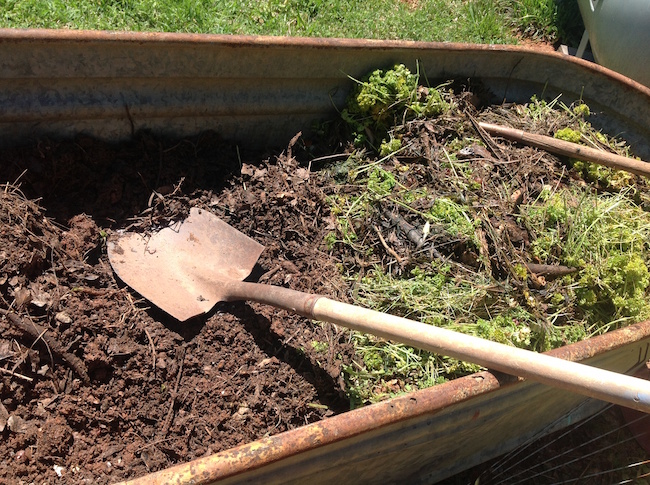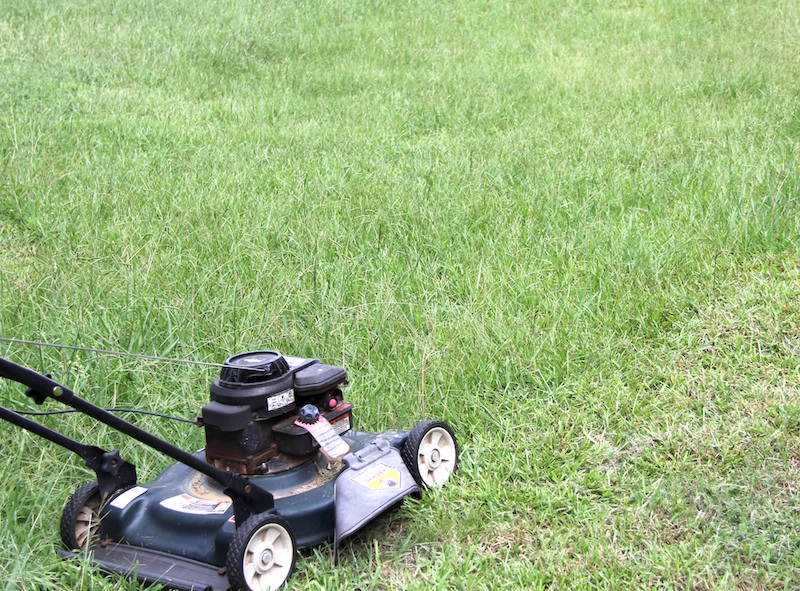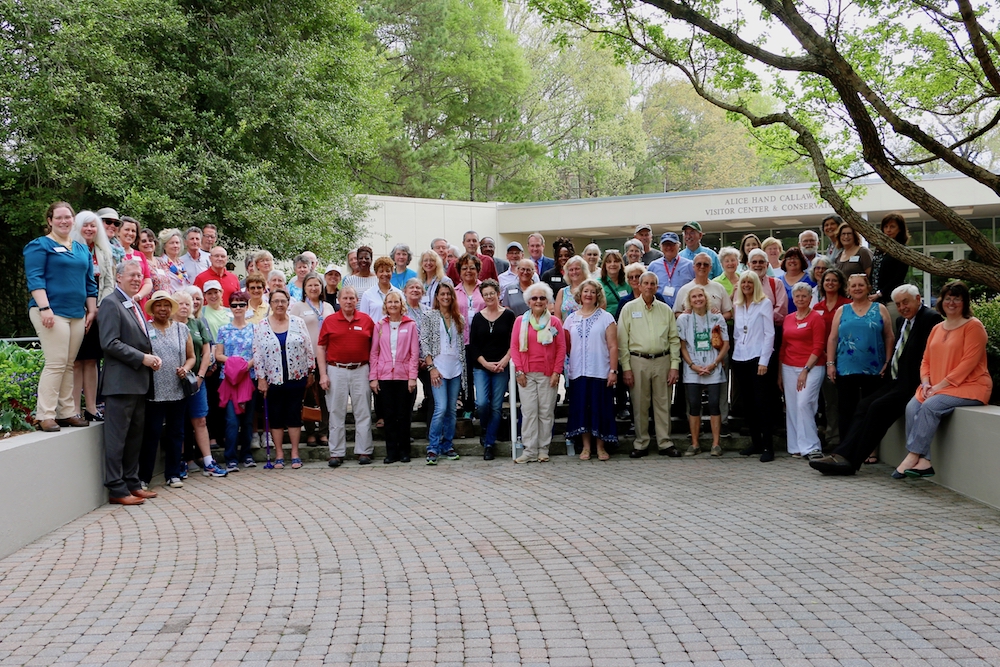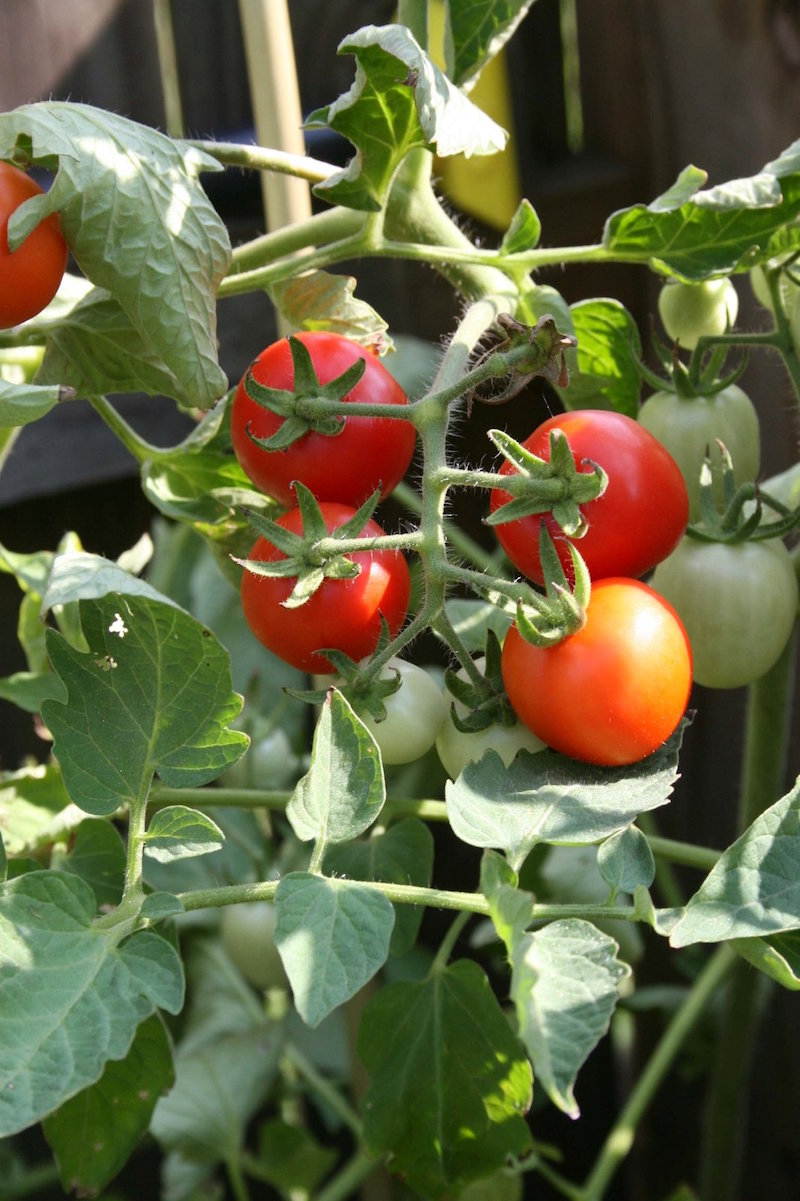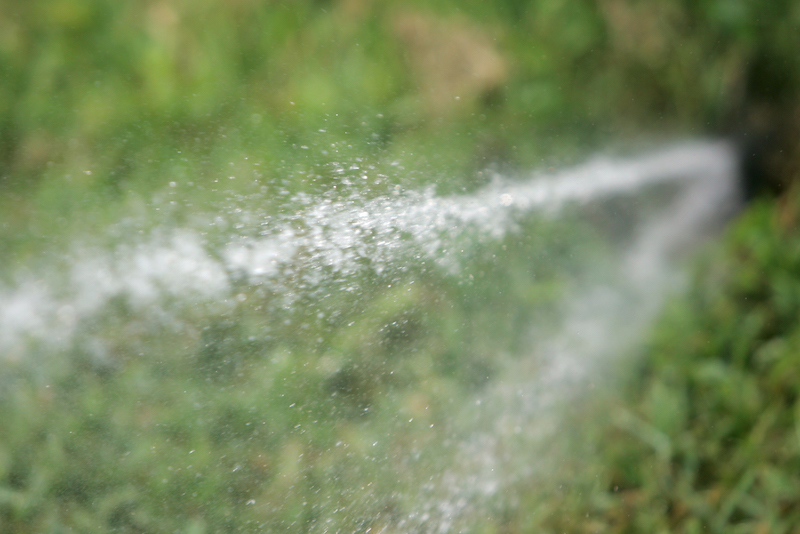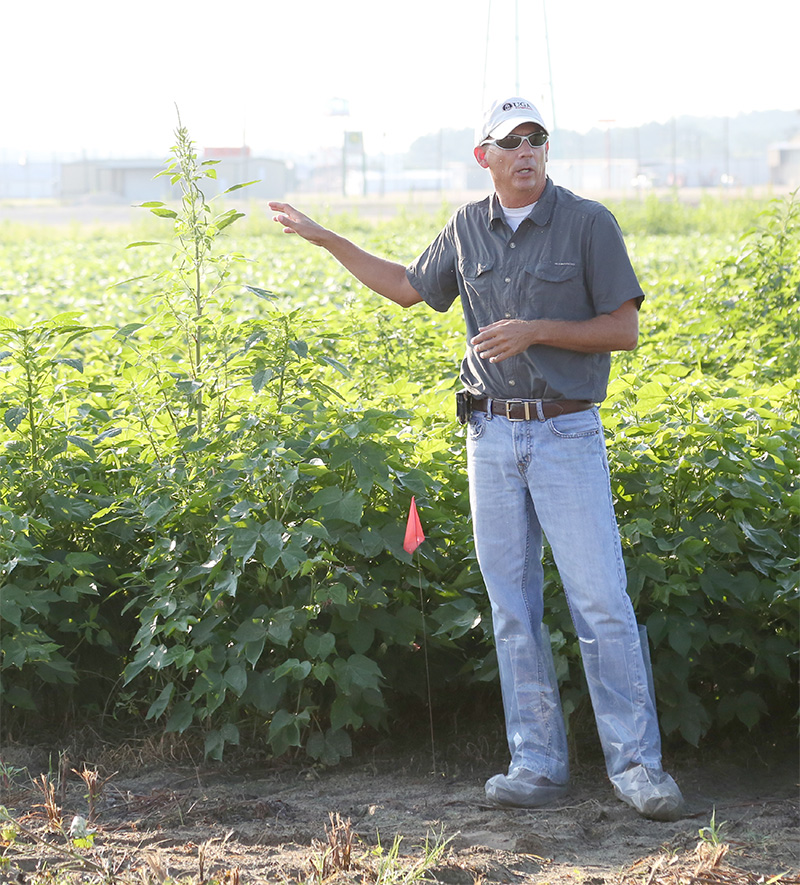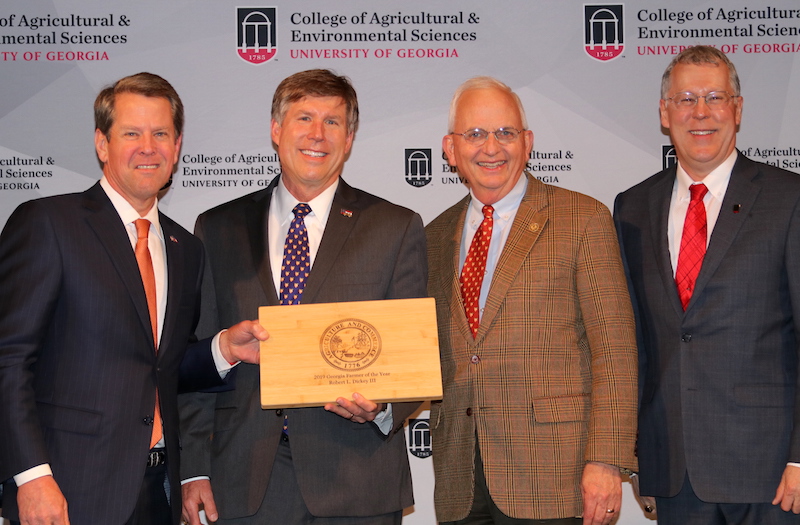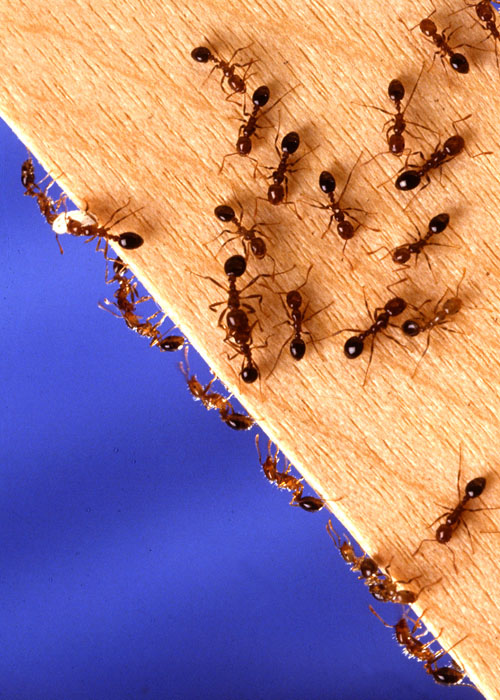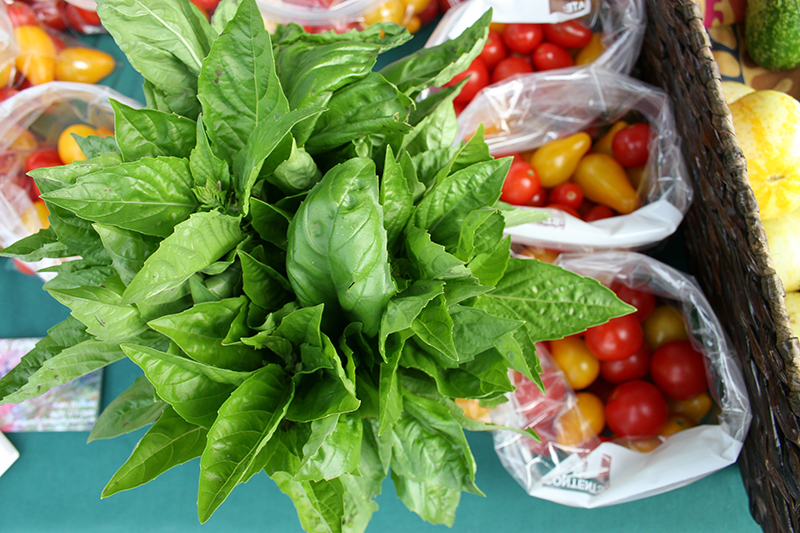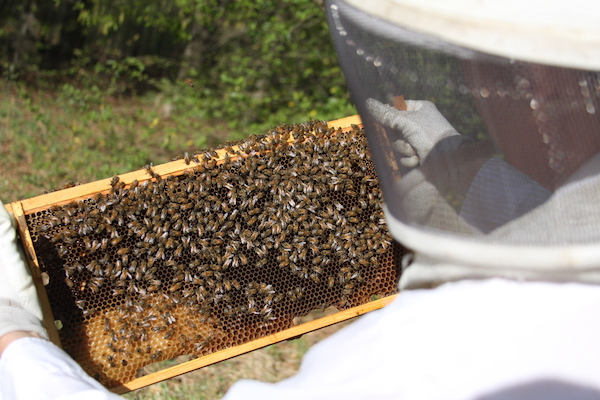 CAES News
CAES News
Bee Institute
The national push to save pollinating insects has brought the plight of the honeybee and the art of beekeeping to the forefront. Those interested in becoming a beekeeper, as well as established beekeepers who need certification, can learn the latest research-based information at the annual Beekeeping Institute, May 22-25, at Young Harris College in Young Harris, Georgia.

